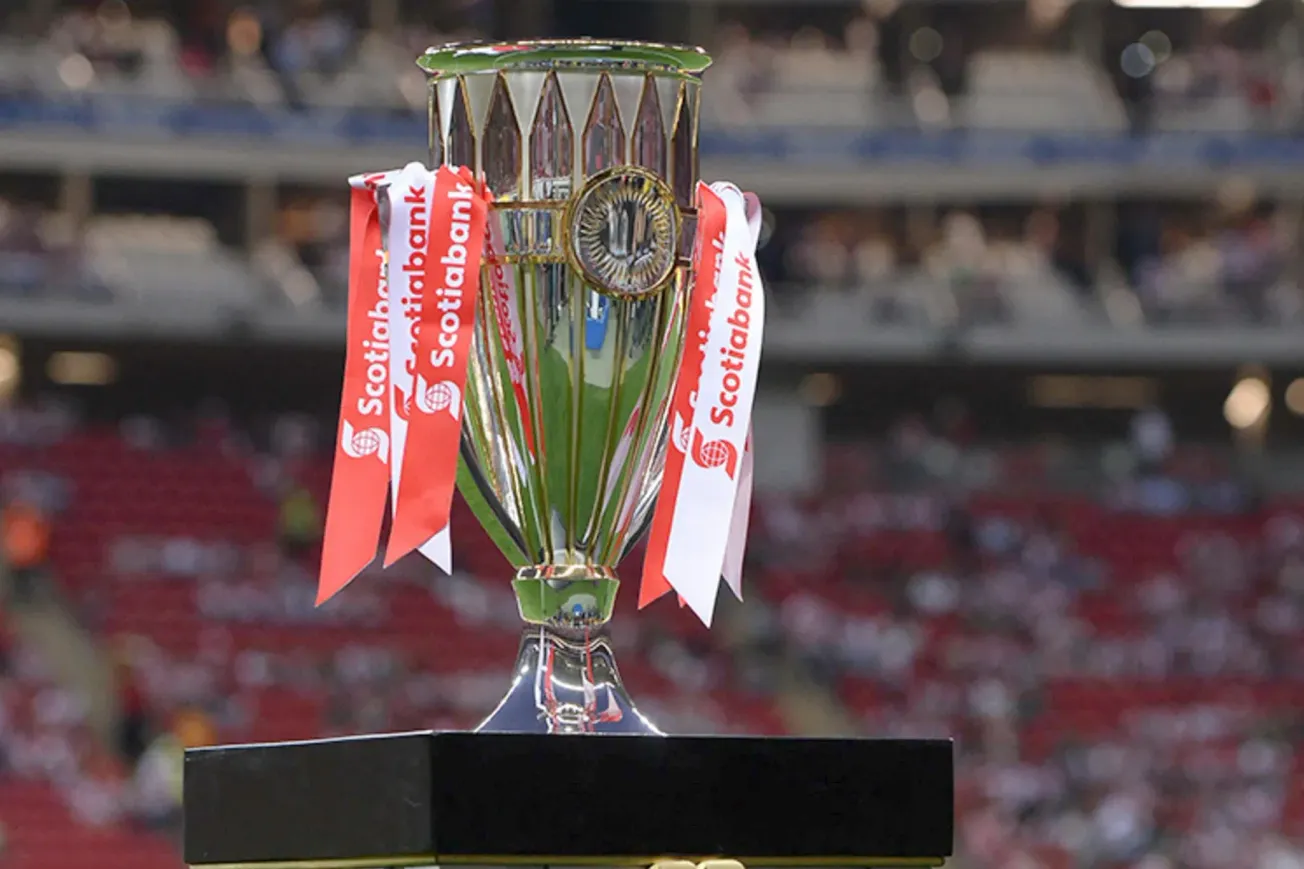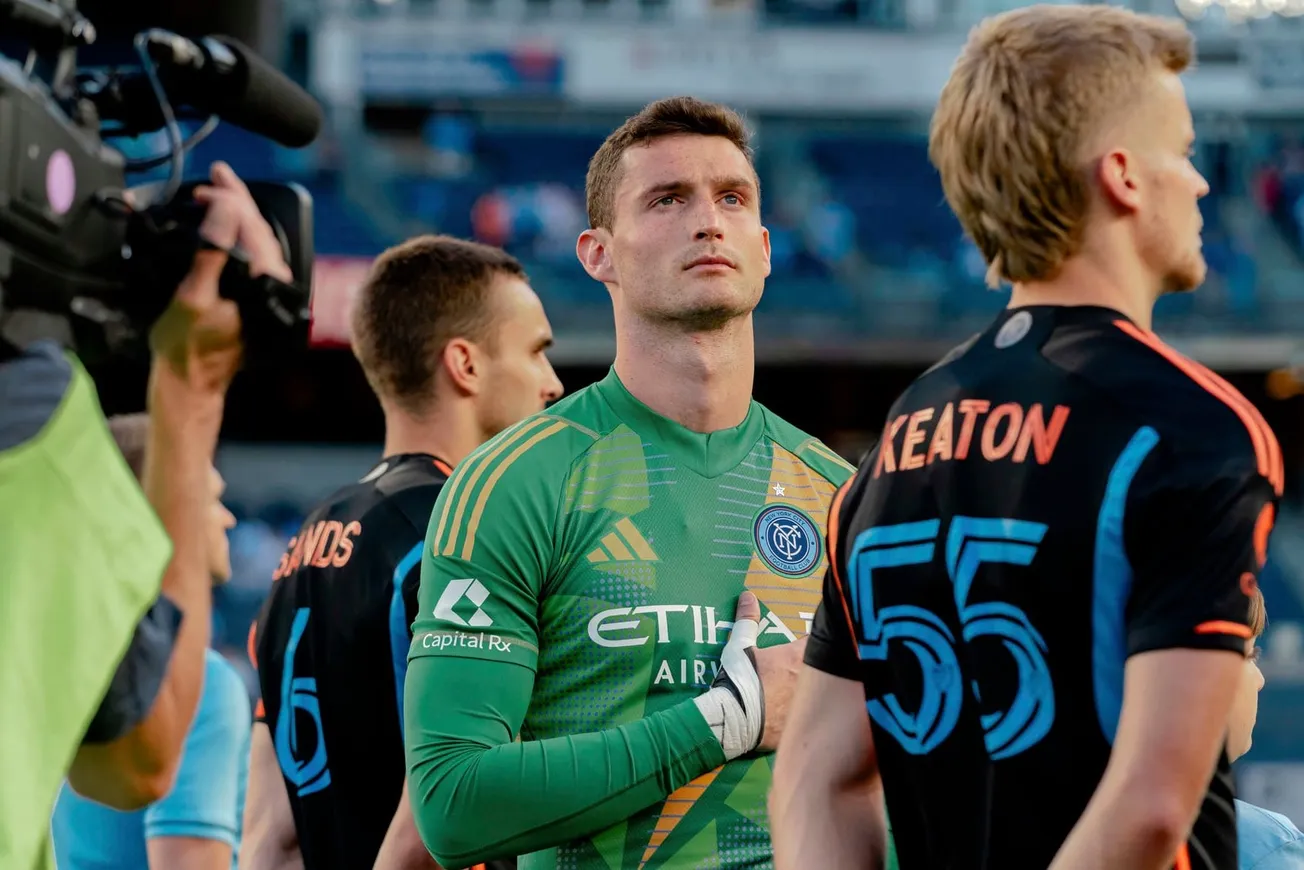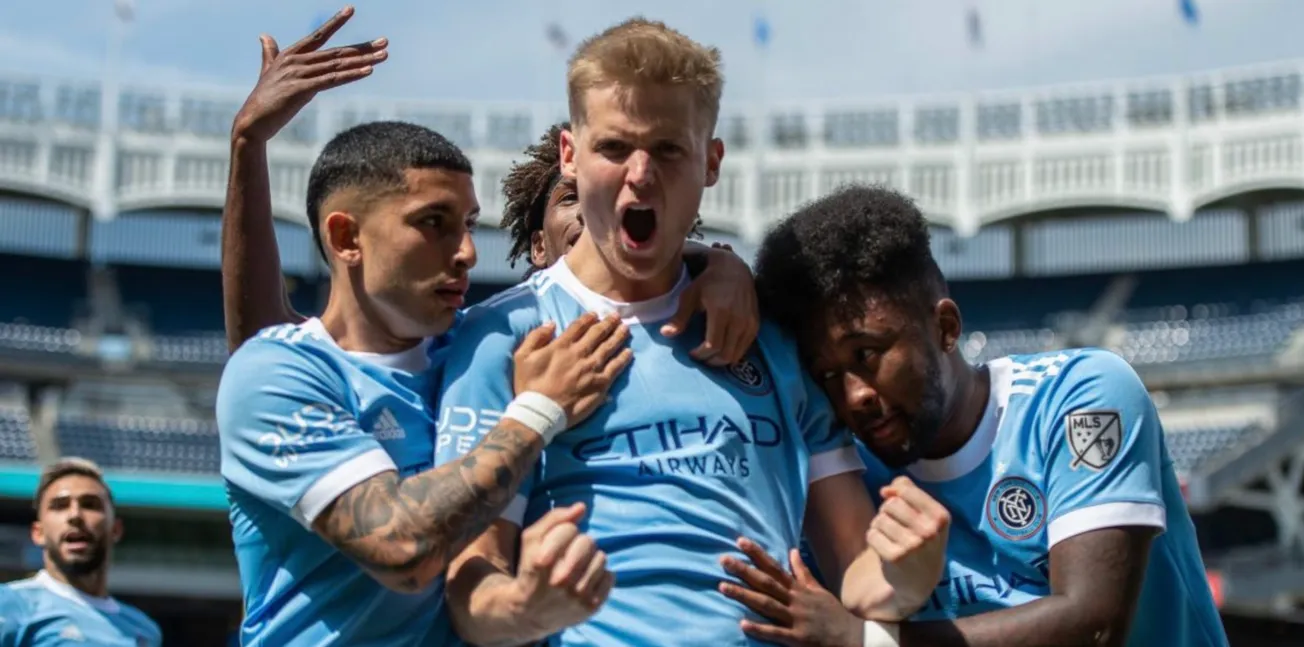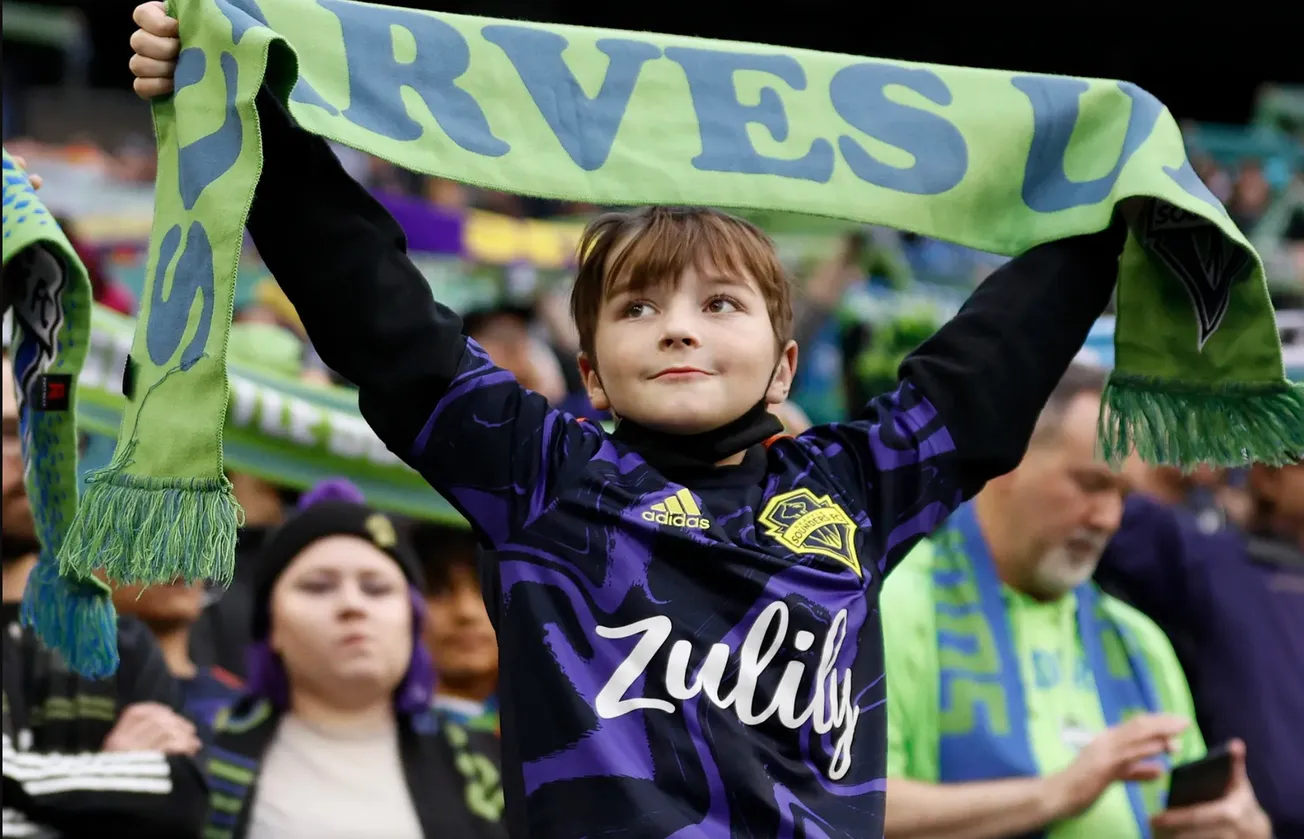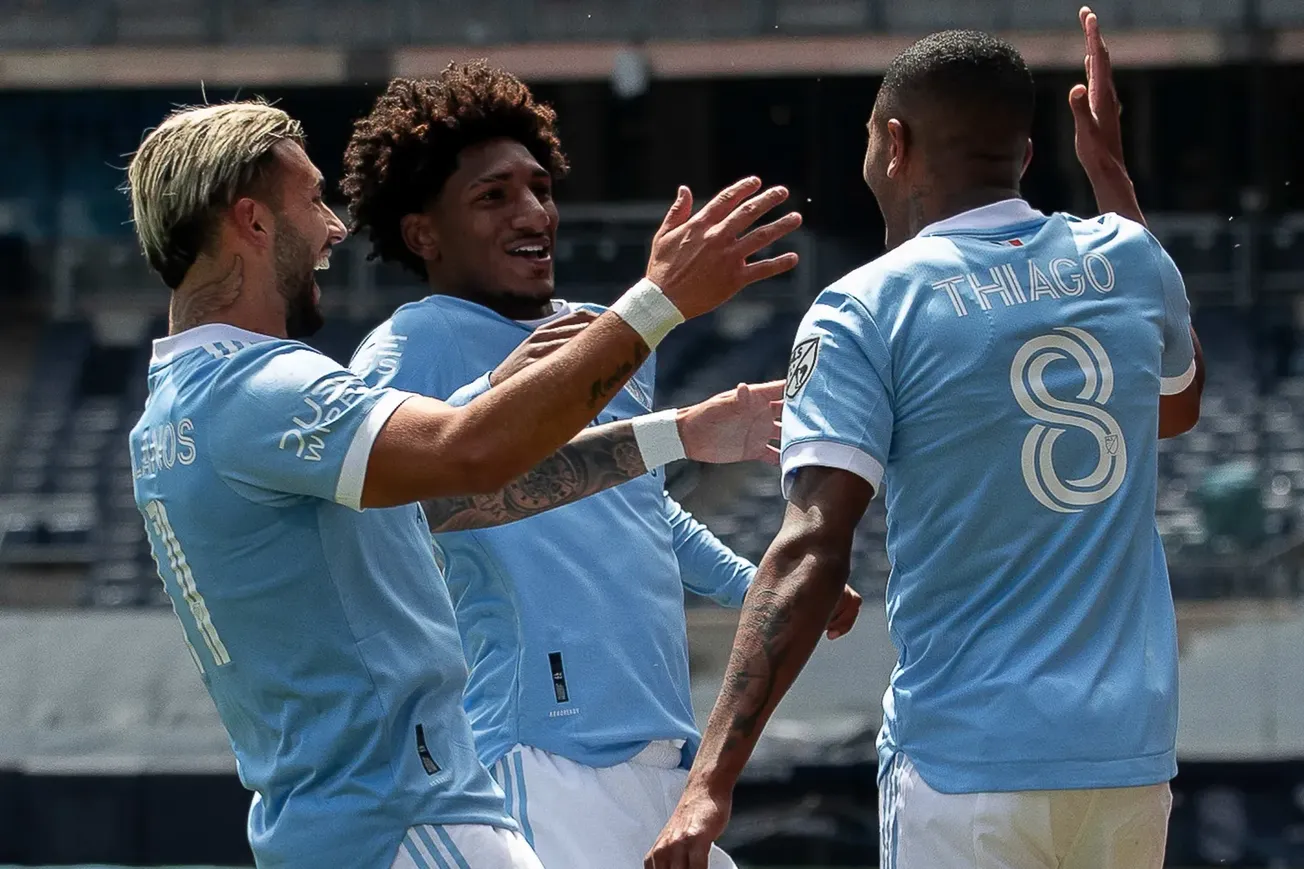Let’s cut to the chase: You don’t set out to win the Scotiabank CONCACAF Champions League just to bring prestige to your club and add more silverware to the trophy case. You also do it for the money.
The winner of the 2022 CCL will take home $500,000—that’s not nothing, but it’s not great, and it hasn’t increased since 2017. By comparison, the winner of the UEFA Champions League can pocket more than $77 million depending on how they perform in the group stage. Put another way, the kit man for the winning UEFA team will probably get a larger bonus than the top scorer in the CCL.
Most regional confederations dwarf CONCACAF’s payout. The winner of the Copa Libertadores will get $22.5 million, the winner of the AFC Champions League will get as much as $4.8 milliondepending on how they perform in the group stage, and the winner of the CAF Champions League will get $2.5 million. Only Oceana has a smaller purse: The winner of the OFC Champions League will earn $75,000.
But even if the CCL prize money doesn’t amount to much, winning the trophy will set up a team to reap the real reward: An invitation to play in the FIFA Club World Cup, a seven-team tournament in which all the participants receive hefty payouts.
In the 2021 edition of the Club World Cup, CCL winners Monterey were knocked out after one game—and earned $1 million for simply making it to the dance. Chelsea FC won the tournament that year and pocketed $5 million. In 2020, Mexico’s Tigres UNAL (who, you might remember, eliminated New York City FC in the CCL Quarterfinals 5-0 on aggregate), came in third place, and took home $2.5 million for their troubles.
For years, the equation for CONCACAF teams was simple—make an effort to win the CCL, get a payoff in the Club World Cup.
That math is a little fuzzy right now. In 2019, the Illuminati who control FIFA met in Miami and conspired to overhaul the Club World Cup by expanding it to a World Cup-like 32 teams with eight group stage winners advancing to the knockout rounds. China was to host the first expanded tournament in eight cities, and turn what had been a relatively compact competition into a mega-spectacle. European representatives objected, but that didn’t matter. Then COVID arrived on the scene, and that did. The plan was tabled.
The old format was kept for 2020 and 2021, which is how Monetary and Tigres cashed in on their CCL titles, but the rules for the upcoming 2022 Club World Cup have yet to be determined. FIFA could decide to keep the seven-team structure for another year, which means that the CCL winner will once again get $1 million simply for fielding eleven players. Or FIFA could choose to expand the tournament, which under the Miami accord will mean that all 32 clubs will play at least three group stage games—the fees earned for playing those games could add up to or even exceed $1 million, or they could be diluted.
To complicate it even more, CONCACAF will be allotted three teams under the new format, which might mean that you don’t even need to win the CCL to play in the Club World Cup. Theoretically, a semifinalist could make it to the Club World Cup, and if they perform well they could take home more than the CCL winner. Strange times.
Still, there remains a strong financial incentive to win the CCL. The winner will be certainly invited to the Club World Cup (whatever shape that tournament might take), and will likely make more by merely appearing in that tournament than by triumphing in the CCL. More money is essentially guaranteed even if the specific amount hasn’t yet been set.
As for NYCFC, they already earned a decent payout by regional standards when they advanced past Comunicaciones FC on away goals in the CCL last week—when New York City and Seattle Sounders face each other in Semifinals, the teams will get $200,000 each. By comparison, NYCFC took home close to $475,000 last year for advancing through the playoffs and winning the 2021 MLS cup.
Not to jinx it, NYCFC will get $300,000 should they make it to the finals, or $500,000 if they win it all. But the real goal is still the Club World Cup, and (maybe, possibly) the millions it promises just for stepping on the field.

